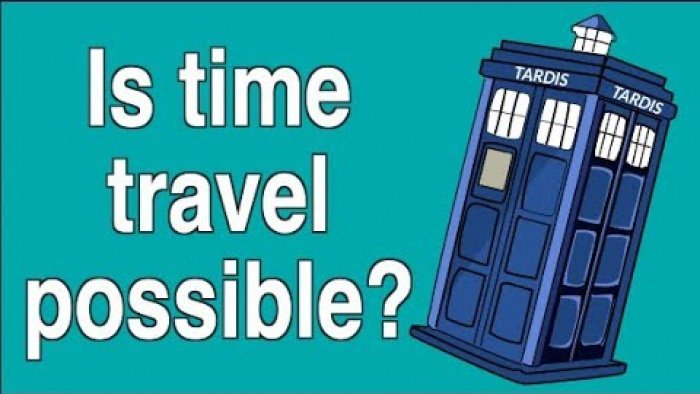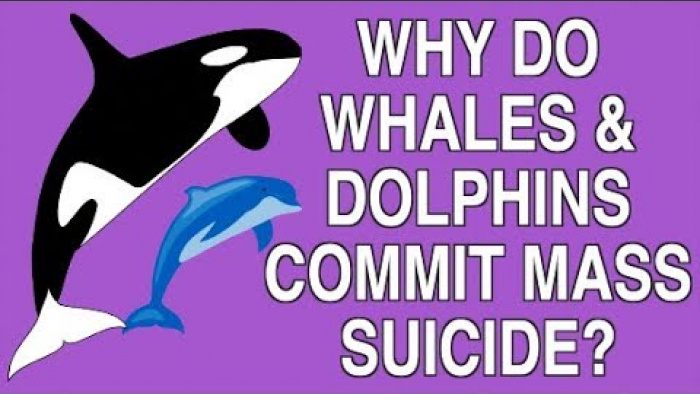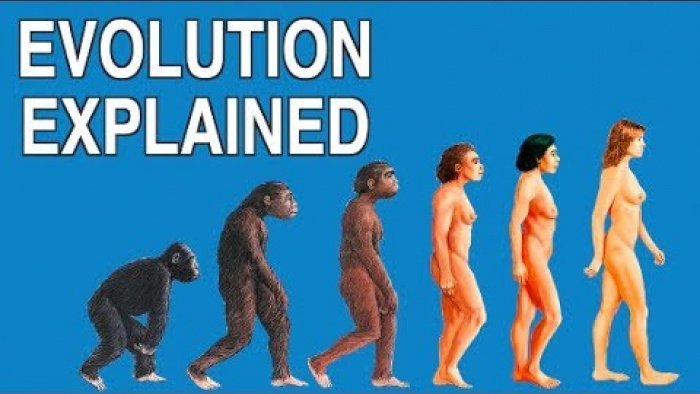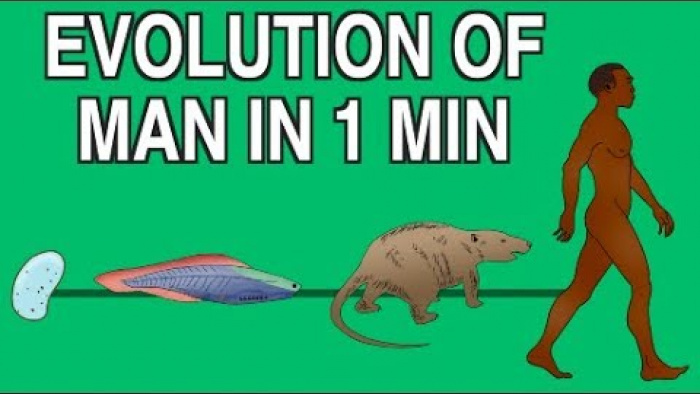What happened to the other types of humans?
Did you know that we are not the only type of human to ever exist?
Just as the horse and the zebra are two different species, there used to exist several human species here on Earth.
Two million years ago in Africa, different species of humans roamed the landscape.
Our own species - the homo sapien - appeared around 200,000 years ago.
It’s very hard to create a definitive list of extinct human species as the categorisation of a number of skeletal remains are up for debate but we do know that there were are least six species of human that existed in the past, the Homo habilis, Homo rudolfensis, Homo erectus, Homo heidelbergensis, Homo neanderthalensis and the Homo floresiensis.
So what happened? Why did all these species die out?
Well to begin with, species becoming extinct is a normal part of evolution.
More than 99% of all species that ever lived on Earth are estimated to have died out.
Extinction could have come about because of food scarcity, a natural disaster, new diseases etc.
So the question becomes - how is it that we are still here?
The best clues come from when modern humans spread to Europe and shortly thereafter the Neanderthals became extinct.
Neanderthals had lived successfully in Europe for over 200,000 years by the time modern man traveled to Europe just 50,000 years ago and within 10,000 years the Neanderthals became extinct which is not thought to be a coincidence.
The main theory as to why we wiped out our human cousins is that we outcompeted them for food. Although Neanderthals were successful hunters, the rapidly warming climate in Europe at that time meant that our skills honed in Africa came in more useful than the Neanderthal’s more traditional methods.
Modern humans also appear to have fed on a wider and more varied range of animals. There are even rumours that we may have even hunted Neanderthals themselves.
There is also evidence to suggest modern human brains benefited from key genetic changes that made us become more innovative and adaptive, helping us survive adverse and changing conditions.
Modern humans also share knowledge and complex ideas which help our species not only survive but thrive. Our building on collective knowledge has led to scientific discoveries and technological innovations that means that we can now shape the environment around us to our needs rather than always the other way round.
All of the previous gave modern humans advantages that may help explain why we’re here today and our human cousins are not.
However that may not be the entire story - perhaps we homo sapiens just got very very lucky.






